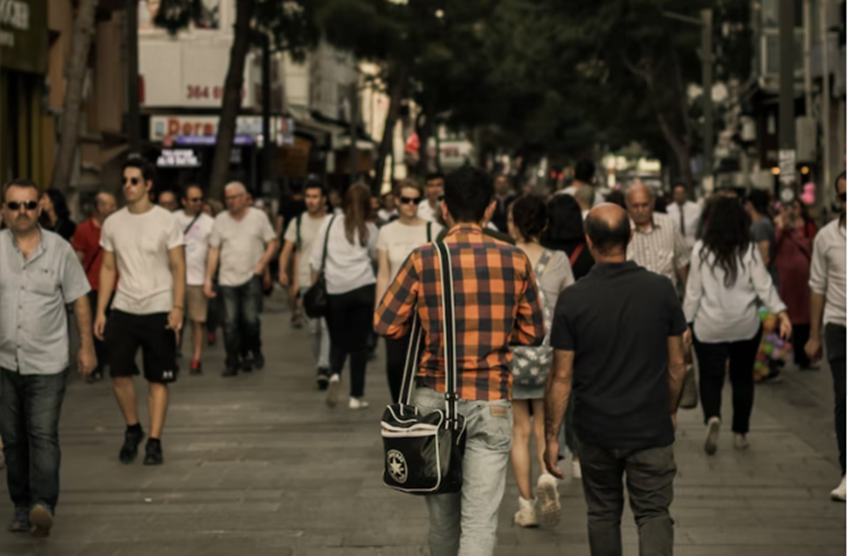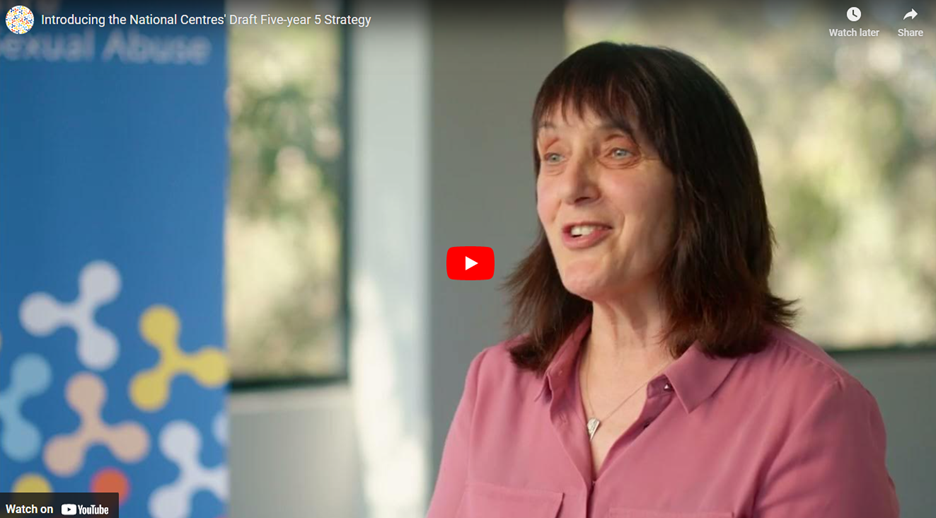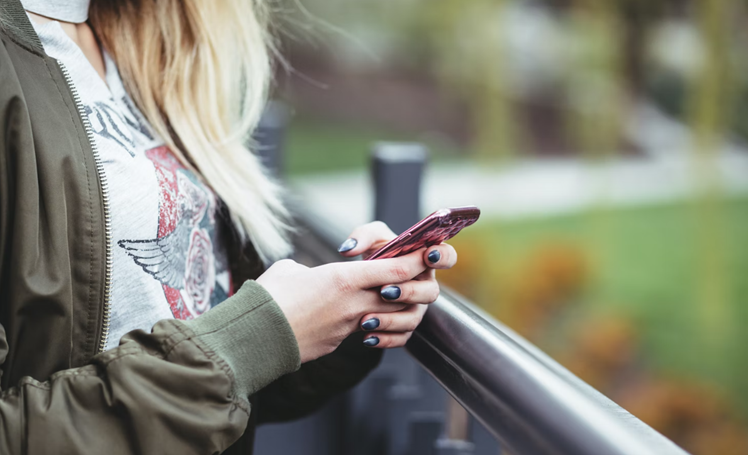Welcome to the November/December combined edition of Breaking Free. As we head into the holiday season, it’s an appropriate time to reflect on the challenges many people experience during the holiday season. It can be a particularly confronting time for people with experiences of complex trauma. We all cope in different ways but please do reach out for support if you need it. The Helplines are operating right through the holiday period. Our lead article speaks about ways to care for yourself and the importance of connection for many.
As most readers are aware, Blue Knot together with the Australian Childhood Foundation and The Healing Foundation have established the National Centre for Action on Child Sexual Abuse. In this edition, we are seeking feedback into the draft 5-year strategy the National Centre has drafted. More information can be found on the thinking behind the strategy, and why your feedback will help us to further refine it for maximum impact. The voice of lived and living experience and feedback from diverse stakeholders is critical to everything the National Centre does.
The Disability Royal Commission is closing for submissions at the end of December, and we urge anyone who might be considering making a submission to seek support or further information before the deadline. We have included important dates and links to help you access the information you need. And just to note the National Counselling and Referral Service will continue to provide emotional support to people with disability and complex trauma experiences in 2023.
Finally, we would like to thank you so much for being part of the Blue Knot community this year. Together as a community, we are passionate about empowering survivors on their journey of recovery and healing. We look forward to connecting with you again next year. If you need support over the holidays, please call the Helpline which can support you during the hours listed below.
Blue Knot Helpline and Redress Support Service
1300 657 380 Monday – Sunday between 9am – 5pm AEDT.
The National Counselling & Referral Service – Disability
1800 421 468 9am – 6pm AEDT Monday – Friday
9am – 5pm AEDT Saturday, Sunday and public holidays.
All the best
The Blue Knot Team










